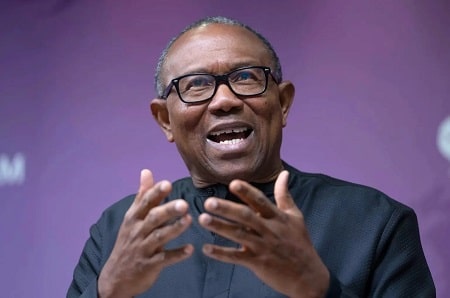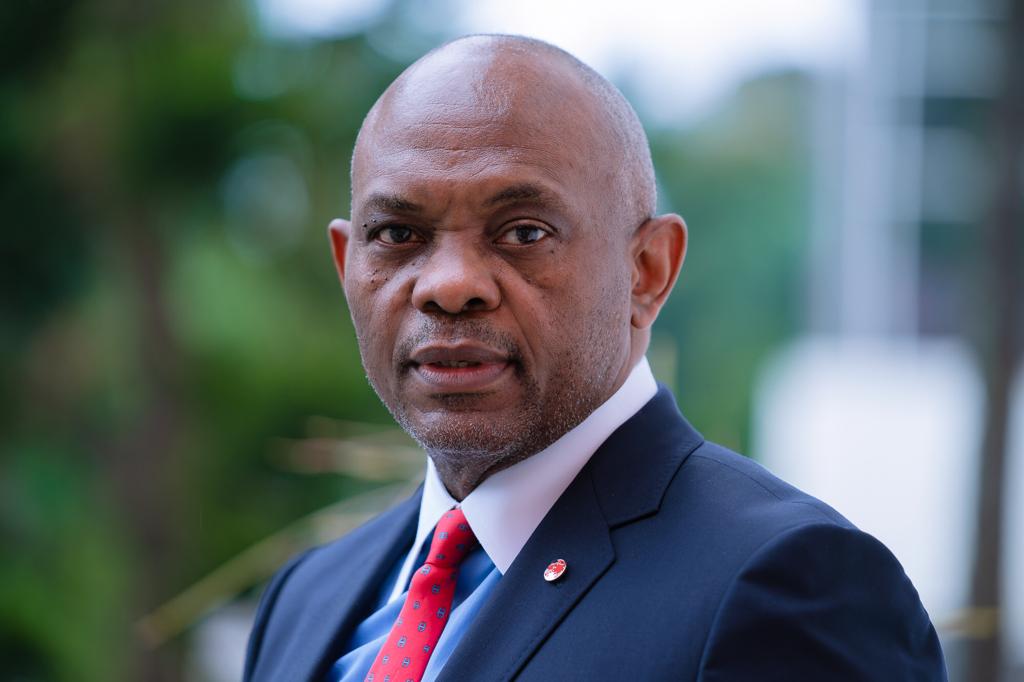Former Governor of Anambra State, Peter Obi, has reacted to the Federal Government’s approval of $1 billion for the modernization of the Apapa and TinCan Island Ports in Lagos, saying while the effort to improve efficiency and technology in the maritime sector is commendable, it exposes the longstanding concentration of port development in Lagos.
Obi who took to his verified X account on Friday morning shortly after the Bola Ahmed Tinubu-led All Progressives Congress (APC) federal goverent announced the approval, noted that Nigeria’s infrastructure investment remains excessively concentrated in Lagos, often at the expense of other strategic ports such as Warri, Port Harcourt, Calabar, and Onne. He believes that developing these ports could enhance productivity, drive trade, create jobs, and open new economic corridors that would lift millions out of poverty across the federation.
READ ALSO:Nigeria Unveils $1 Billion Plan to Transform Apapa, Tin Can Ports into World-Class Maritime Hubs
Join our WhatsApp ChannelCustoms Comptroller Vows To Clear Cargoes Within 24 Hours As Tincan Port Generates N7.6bn One Day
According to Obi, decentralizing port development is a national imperative, citing examples of countries like Vietnam, Indonesia, South Africa, Egypt, Morocco, Algeria, and Ghana, which have decentralized their port development to reap immense economic benefits. He stated that concentrating all maritime activities in a single city is not a viable strategy for maximizing the blue economy.
Obi emphasized that revitalizing other ports would decongest Lagos, reduce shipping costs, attract investment, create employment, and stimulate regional economies. He also called for reforms to address corruption, reduce bureaucracy, and embrace technology to create a seamless, paperless port system that enhances turnaround time and global competitiveness.
Obi believes that if prudently managed, the Lagos modernization project could become a model for broader maritime transformation, radiating development across the nation. He stressed that Nigeria must rebuild with fairness, guided by equity, integrity, and a clear vision to transform the nation from one of consumption to one of production and shared prosperity.











